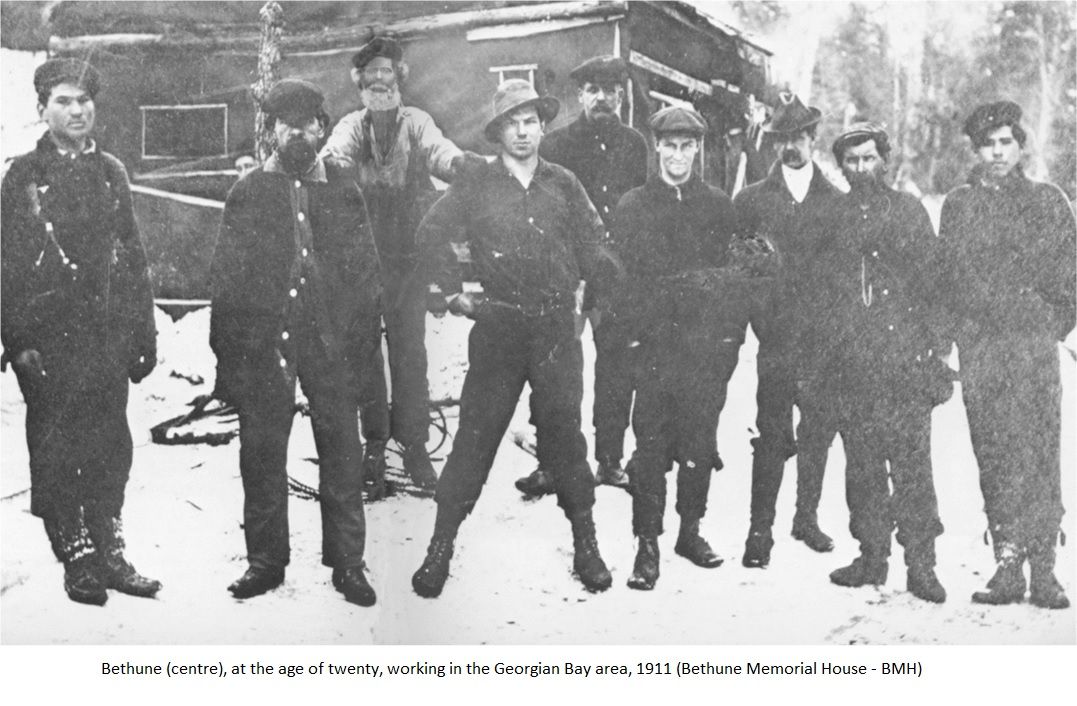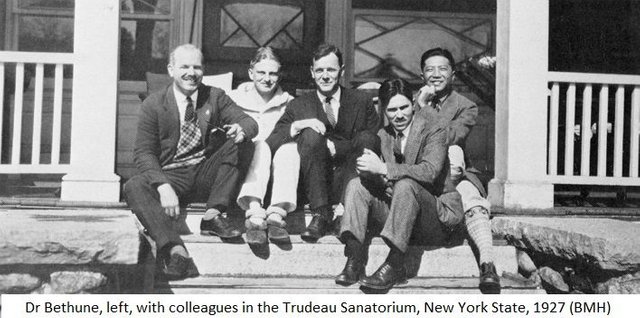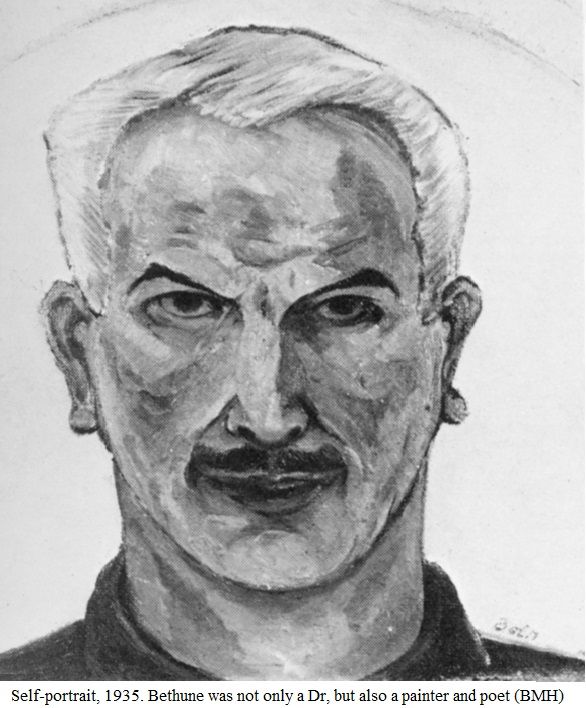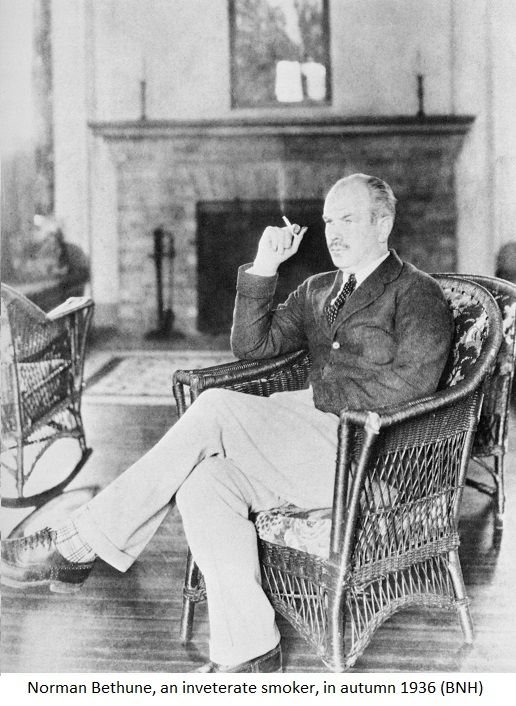NORMAN BETHUNE, TRAIL OF SOLIDARITY (1/3)
“I refuse to live in a world that spawns crime and corruption” (Norman Bethune)

There are individuals who rise above ideologies, creeds and political dicta. They are altruists – committed, unselfish and generous –and they devote their lives to an idea. The idea that dictates the course of their lives inclines them to help others always. These are the individuals to whom the younger generation, eager to change the world, look as their point of reference.
Norman Bethune was one of them. He devoted his life to helping the world’s neediest citizens, first in his native Canada, then in Spain, and finally in China, where he died.
……………………

Born in 1890 in Gravenhurst, Ontario. As a young man he was a capable student who later worked in logging camps. At the start of the First World War he dropped out of medical school at the University of Toronto to enlist as a stretcher-bearer. He obtained his degree in medicine in 1916.
“We are well and happy and believe we are doing good. What more can one ask?”
……………………

From 1928-1936 he became a well-known Montreal thoracic surgeon recognized for his work in treating patients with tuberculosis. He developed new surgical instruments and wrote a treatise that became an essential reference for surgeons.
“Lack of money kills more cases of pulmonary tuberculosis than lack of resistance to that disease. The poor man dies because he cannot afford to live”.
……………………

But Bethune’s main concern was the need for socialized medicine. He observed that the higher mortality among his poorest patients was due to a lack of hygiene and of adequate medical care.
Proposals to provide vastly improved health care for the people of the province of Quebec, which were made by a group he had formed, were rejected by the government in 1936. Thirty years later many of these same ideas became an essential part of the Canadian medicare system.
“If the way society functions can not be altered, if we are unsure about being able to stop poverty and iniquity, then it will be necessary to act in a different manner so that other things, such as the public health care, may be offered at a more acceptable level to help to even out that inequality”.
……………………

At this point in his life, Bethune had achieved success, fame and wealth. He squandered money as easily as he earned it.
He opened a free clinic for the poor and founded an art school for underprivileged children. The inadequacy of the public health system and Fascism were personal enemies for him.
“We should be like monks, yes, going about in sandals and threadbare garments. Our purpose is to guard and resurrect the human body; it should be a holy purpose, and our dedication should be as holy as our purpose”.
(...)